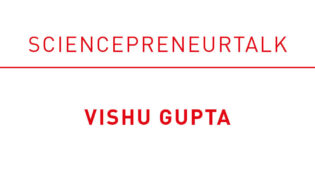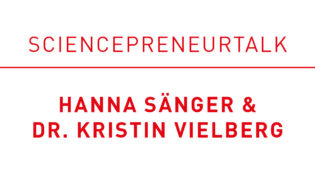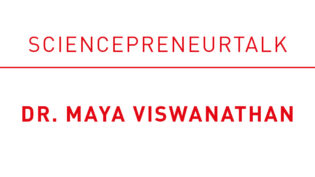
Find the Entrepreneurial light inside you
Discovering your potential
Written by
In this insightful interview, we delve into the unique challenges researchers face on their journey to becoming sciencepreneurs with Bartosz Kajdas, who consulted around a thousand researchers for their founding journey. From navigating life-changing career decisions to advocating for institutional recognition of tech transfer, we uncover how researchers can overcome obstacles and thrive in both academia and entrepreneurship. Join us as we discuss practical solutions and inspiring strategies to empower the next generation of science-driven innovators.
What are some of the biggest challenges researchers face during their sciencepreneurship journey, and how can they overcome them?
From my experience, researchers face one important challenge during their sciencepreneurship journey. The main challenge is determining the next steps for their life and career. After dedicating 4-5 years to their studies, followed by a 3-year PhD, researchers become ultimate experts in their field. At this stage, they confront life-changing questions: “Do I want to pursue a post-doc?”, “Should I apply for a tenure-track position and become a professor?”, “Do I want to settle down and start a family?”, and “What do I want from life?”.
Many researchers find themselves confused at the end of their PhD or post-doc phase because these questions intertwine personal and professional decisions. They are often so focused on publishing their research results that they forget to ask themselves: “What do I really want to do next?”. Moreover, if their contract is not extended, they are forced to make reactive decisions due to time constraints, limiting their freedom to explore other opportunities. Sometimes, entrepreneurship can be the answer, allowing researchers to commercialize their research and stay within their area of expertise. However, this leads to another critical question: “Am I an entrepreneur?”.
What changes are needed in the academic system to better support and encourage scientists who want to pursue sciencepreneurship?
I believe we are currently having the wrong discussion. Sometimes policymakers and funding agencies can expect researchers to handle tech transfer within their existing academic roles. However, the harsh reality remains: “Publish or perish” is still the mantra in academia. To stay in academia, researchers need to publish significant results. Many professors, post-docs, and PhD students who want to found startups do so in their free time, driven by intrinsic motivation. These activities are often underappreciated.
If policymakers want to see more tech and knowledge transfer, they must appreciate and value these activities. Instead of viewing tech transfer as secondary to academic research, it should be recognized as a vital component of a researcher’s contributions. One practical solution could be to offer an “entrepreneurship semester” instead of the traditional research semester. This would provide researchers with dedicated time to focus on developing their startup ideas without the pressure of their regular academic duties. It would also signal institutional support for entrepreneurial efforts.
By implementing these changes, the academic system can better support and encourage scientists who want to pursue sciencepreneurship. Recognizing the value of tech transfer, providing dedicated time and resources, and creating a supportive environment are crucial steps toward fostering innovation and entrepreneurial success among researchers.
How do you help scientists discover their entrepreneurial passion, and why is this important?
The startup journey is a tough one, requiring a lot of motivation and frustration tolerance. To help sciencepreneurs discover their entrepreneurial passion, I use two major methods to delve into the core of their motivation. Firstly, I use the Push/Pull Motivation framework to answer two key questions: “What pushes you from your current situation?” and “What pulls you towards a specific desire or goal?”. This framework helps identify the driving forces behind scientists’ desire to move away from their current situation and the attractions drawing them towards a new venture. Understanding these motivations is crucial for maintaining focus and resilience during the challenging startup journey. Once we understand the starting and finishing points, I then focus on the researcher themselves. For this step, I use the IKIGAI method, which involves four circles: “What you love”, “What you are good at”, “What the world needs”, and “What you can be paid for”. By examining the intersections of these circles, we can uncover a scientist’s true passion and potential entrepreneurial path.
Combining these methods provides both the researchers and me with a clear perspective and answer on whether someone can handle the sciencepreneurship journey. It helps in aligning their inner motivations with their professional skills and market needs, ensuring they are well-prepared for the challenges ahead.
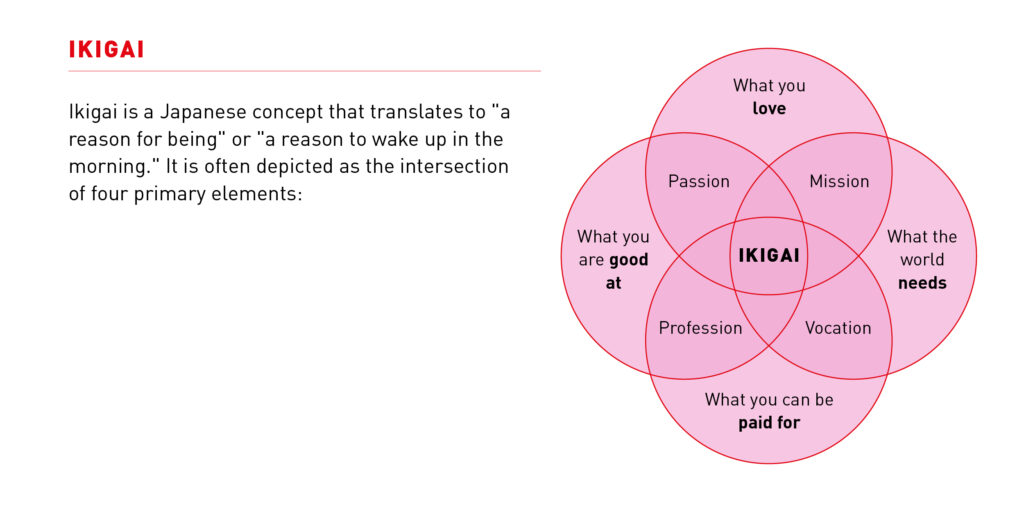
How can personal and professional diversity in Sciencepreneur teams contribute to their success?
Together with Laila Zohaib, I founded “The Migrant Accelerator” to help migrant founders in Germany accelerate their startups and ideas. Researchers, who often work internationally in research groups, already know the advantages of diverse teams. I strongly recommend every solo founder to search for additional team members. While you may need to start alone, aim to close the gap by bringing in co-founders and establishing a broad network for advice and support. By fostering diversity in sciencepreneur teams, founders can enhance their startup’s success. Building a team that complements your skills and brings diverse perspectives is crucial for driving innovation and growth.
What do you recommend to the aspiring sciencepreneurs?
Many bright and intelligent people in academia have the potential to develop business skills but need proper guidance to do so. In their academic careers, they often don’t get the chance to cultivate real business acumen. It’s like having the raw ingredients for a gourmet meal but needing a chef to show you how to use them properly. To develop essential business skills, scientists should seek mentorship and guidance from experienced entrepreneurs. They can attend workshops like Young Entrepreneurs in Science, take business courses, and participate in startup incubators and accelerators that offer structured learning and networking opportunities.
In nearly 10 years of working as a startup consultant at universities, I have consulted with more than 1,000 researchers from all academic disciplines. I have observed that every research result can be transformed into a product and commercialized. It depends on the field where you want to apply your solution. Besides, I can list a set of recommendations for aspiring sciencepreneurs to have an easier start to their journey.
- Self-Reflection: Start by understanding your own goals and motivations. Knowing what drives you will help keep you focused and resilient during challenging times.
- Fuel Your Passion: This path requires resilience and dedication. Be prepared for challenges and stay committed to your vision.
- Validate Your Idea: Ensure your research solves a real-world problem. Analyze the market fit to confirm there is a demand for your solution.
- Step Out of Your Comfort Zone: Marketing and communication are crucial for success. Present yourself and your venture effectively, even if it means stepping out of the shadows and promoting yourself directly.
- Bridge the Gap: Simplify your communication for a broader audience. Make your research understandable and relevant to people outside your field.
Embrace Knowledge Transfer: Publicly explain your research and its benefits. Sharing your knowledge can create opportunities and attract support for your venture.
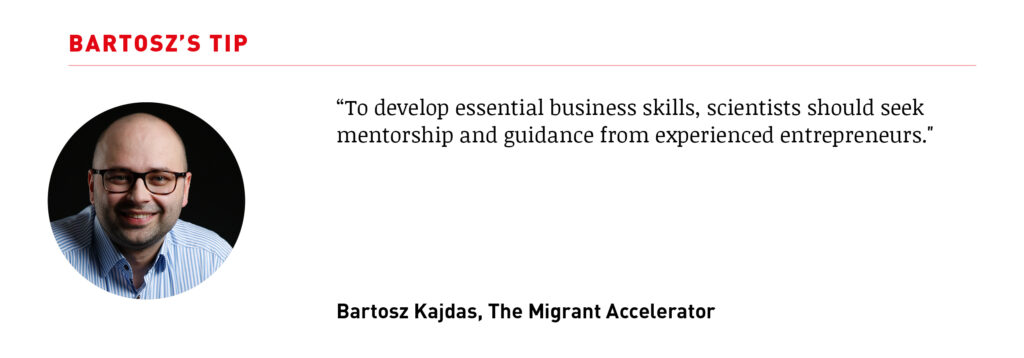
What happens next?
Check out our event calendar for upcoming workshops. Stay tuned for more updates, opportunities, and success stories!
Curious for more? Connect with Bartosz via LinkedIn or follow Migrant Accelerator.
Interviewer & Editor: Dilara Ekinci
Illustration: Simon Lange
Design & Art Direction: Bianca Cramer
